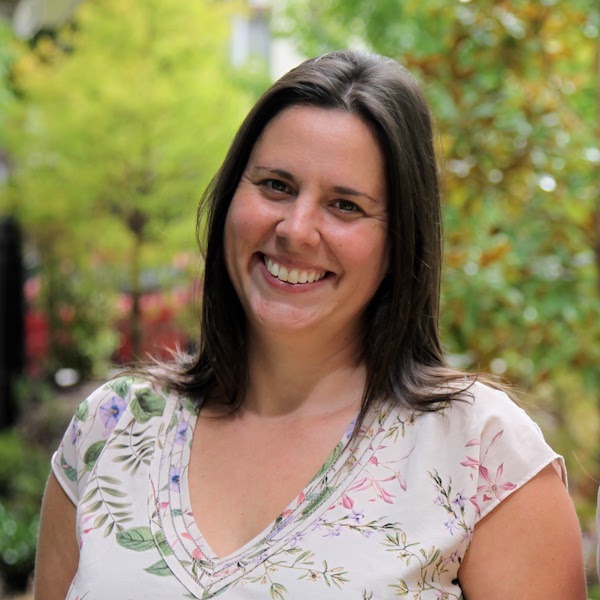Endometrial Origins of Stillbirth (EOS) Study

What is this research about?
This is a project aimed at better understanding the endometrium (lining of the uterus) in women who have experienced a pregnancy loss (either as a late miscarriage or preterm stillbirth) or other adverse pregnancy outcomes (placental insufficiency or preterm birth). We will compare this to the endometrium of women who have had a term, live birth. This will be achieved by collecting menstrual fluid from these women to see if we can identify differences between those who have experienced adverse pregnancy events to those who have not.
Who can participate?
You may be eligible to participate if you:
- Live in Victoria
- Aged 18-40
- Have a menstrual period
- Have been pregnant in the past 3 years
- And is NOT on hormonal contraceptives
We are particularly interested in participants who have experienced the following:
- Preterm birth or stillbirth (20-37 weeks)
- Second-trimester miscarriage (12-20 weeks)
- Placental insufficiency (preeclampsia or fetal growth restriction)
- Term, live birth (37+ weeks)
What is required?
You will be asked to collect a menstrual fluid sample on day 2 of menstruation for up to 5 menstrual cycles. You will be asked to wear a menstrual cup for 4-6 hours to collect this sample. The menstrual cup and a sample collection kit will be posted to you. We will arrange a pickup point that is convenient for you, either at your home, workplace or another nominated location and the menstrual fluid will be collected on day 2 of your menstrual cycle from this location. We will also ask you to complete a menstrual questionnaire.
What is a menstrual cup?
A menstrual cup is made of silicone, shaped like an eggcup and is worn just like a tampon. Menstrual fluid is collected in the cup. The cups are very safe and have never been associated with toxic shock syndrome.
Will I benefit from this study?
You will not benefit directly from this study as we are merely observing the natural variation of your body. However, you will be contributing to a world-first study of stillbirth. You may also keep the menstrual cup used for sample collection (worth $55) which can be used for up to 10 years. This can reduce your sanitary product costs and is beneficial for the environment by reducing waste.
How do I participate?
If you are interested in participating or would like more information, please fill in the form below and we will contact you with more information.
All contact details collected for this study are kept entirely confidential. Participants’ information in this study is also de-identified and kept confidential.
Lead researcher

Dr Miranda Davies-Tuck
Research Group Head, Epidemiology and Clinical Trials
